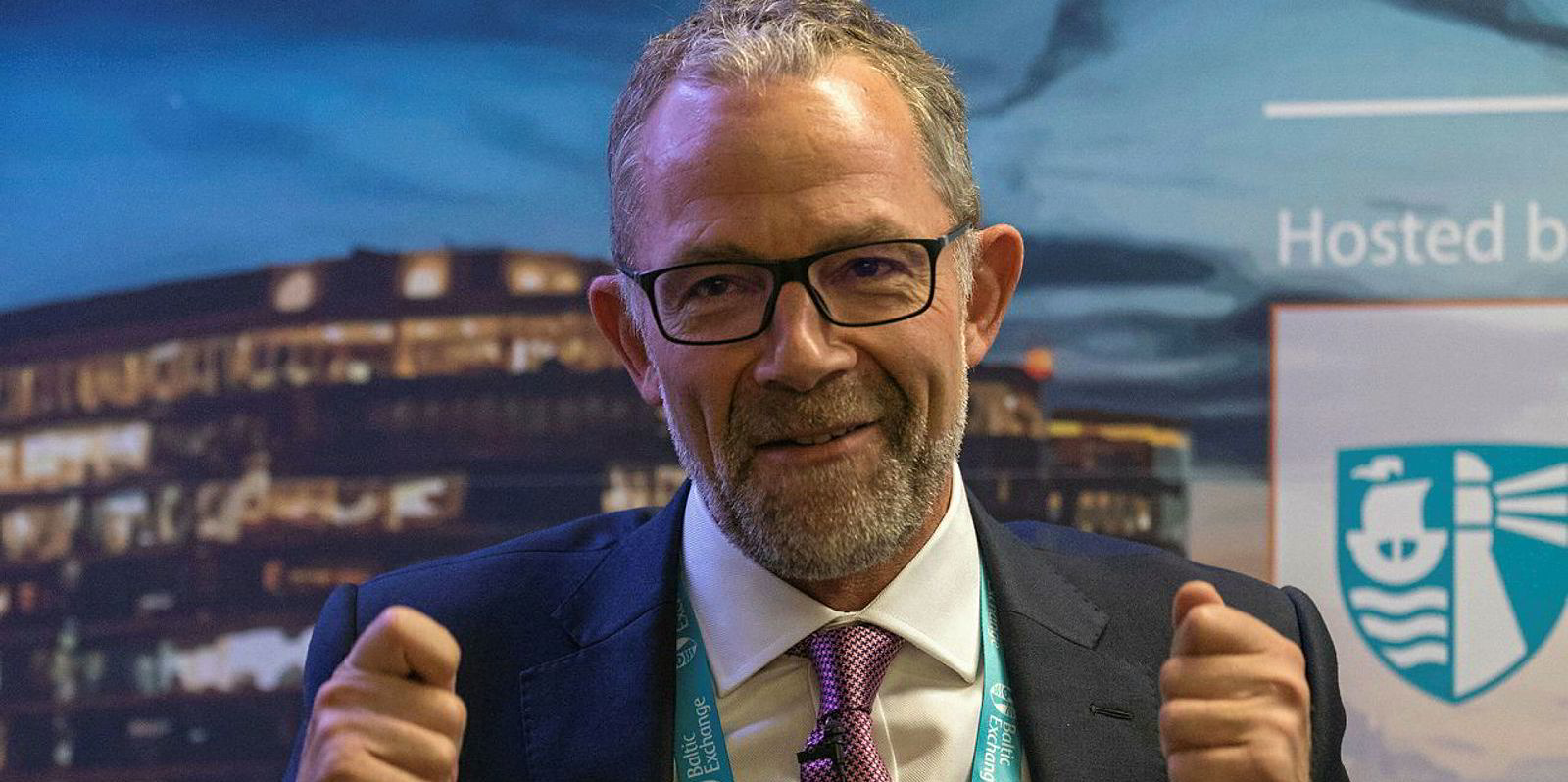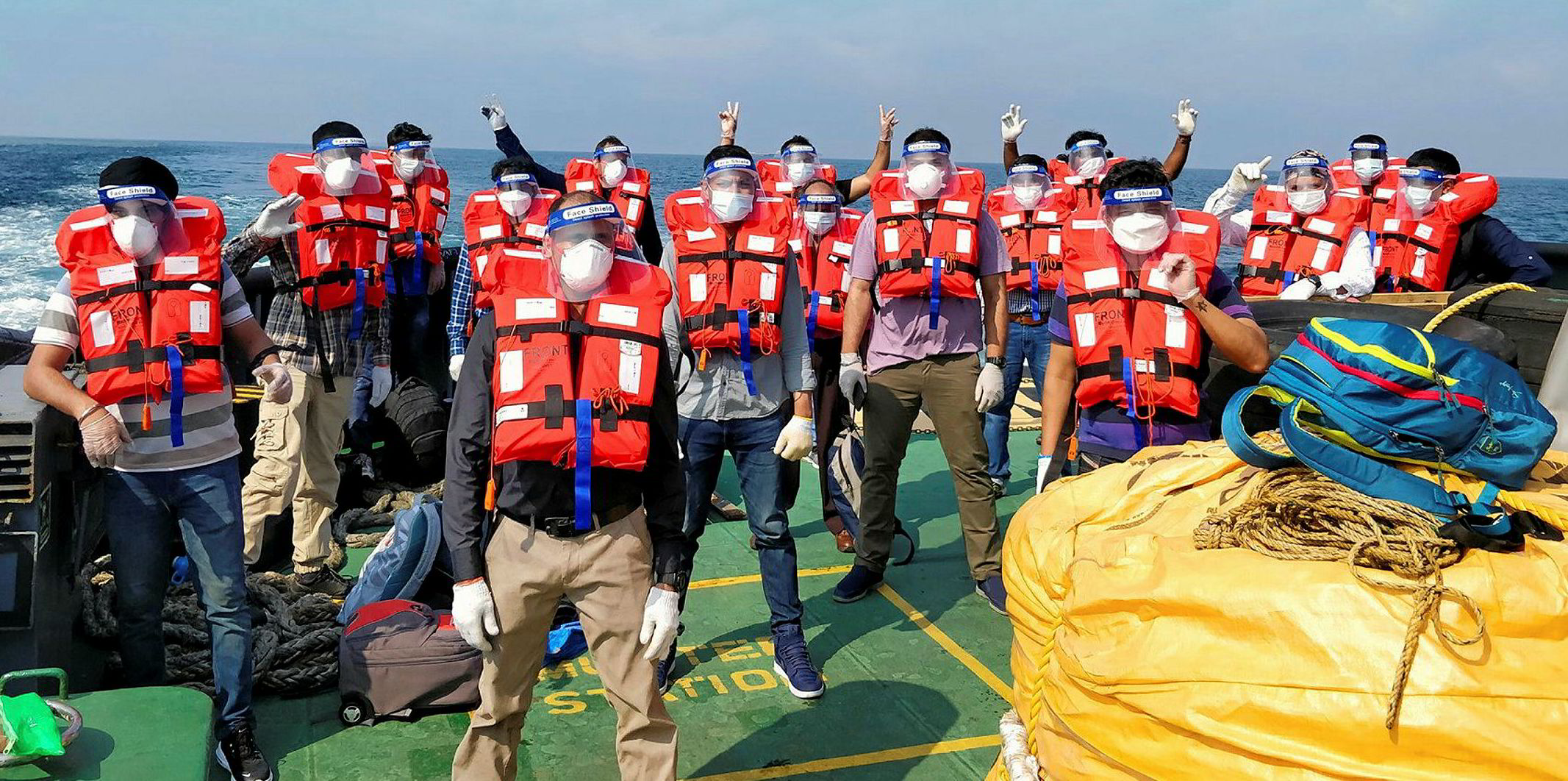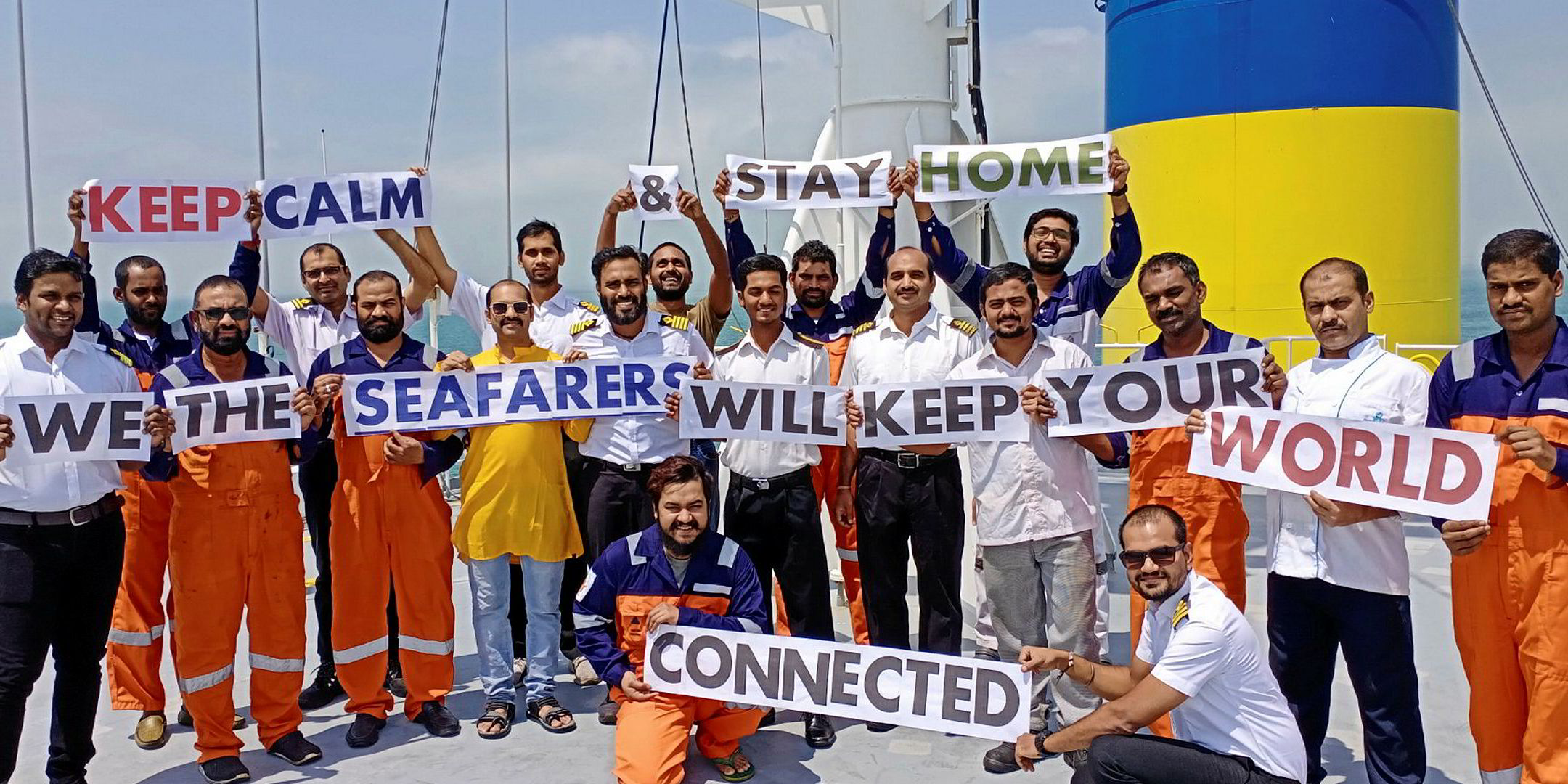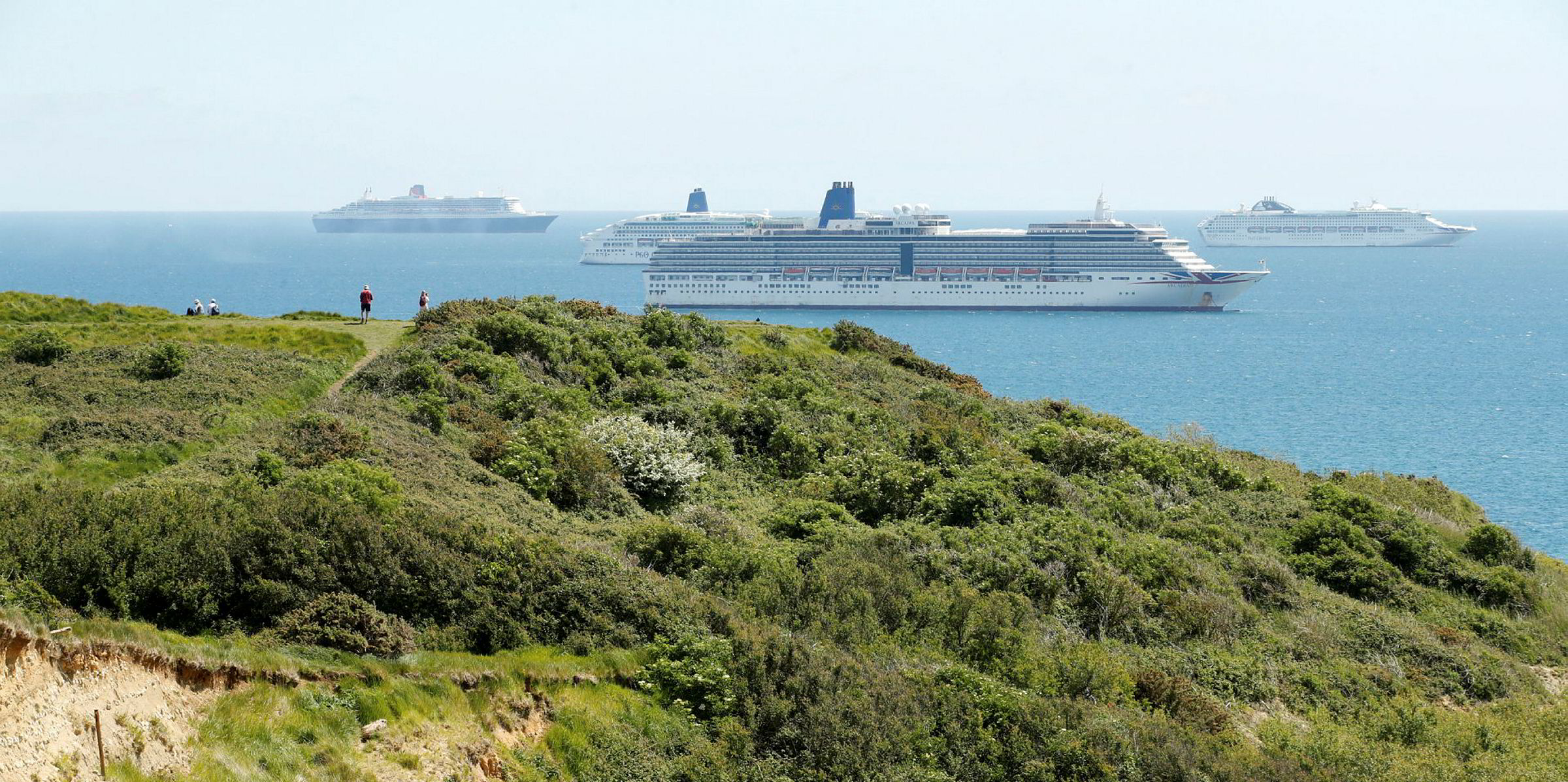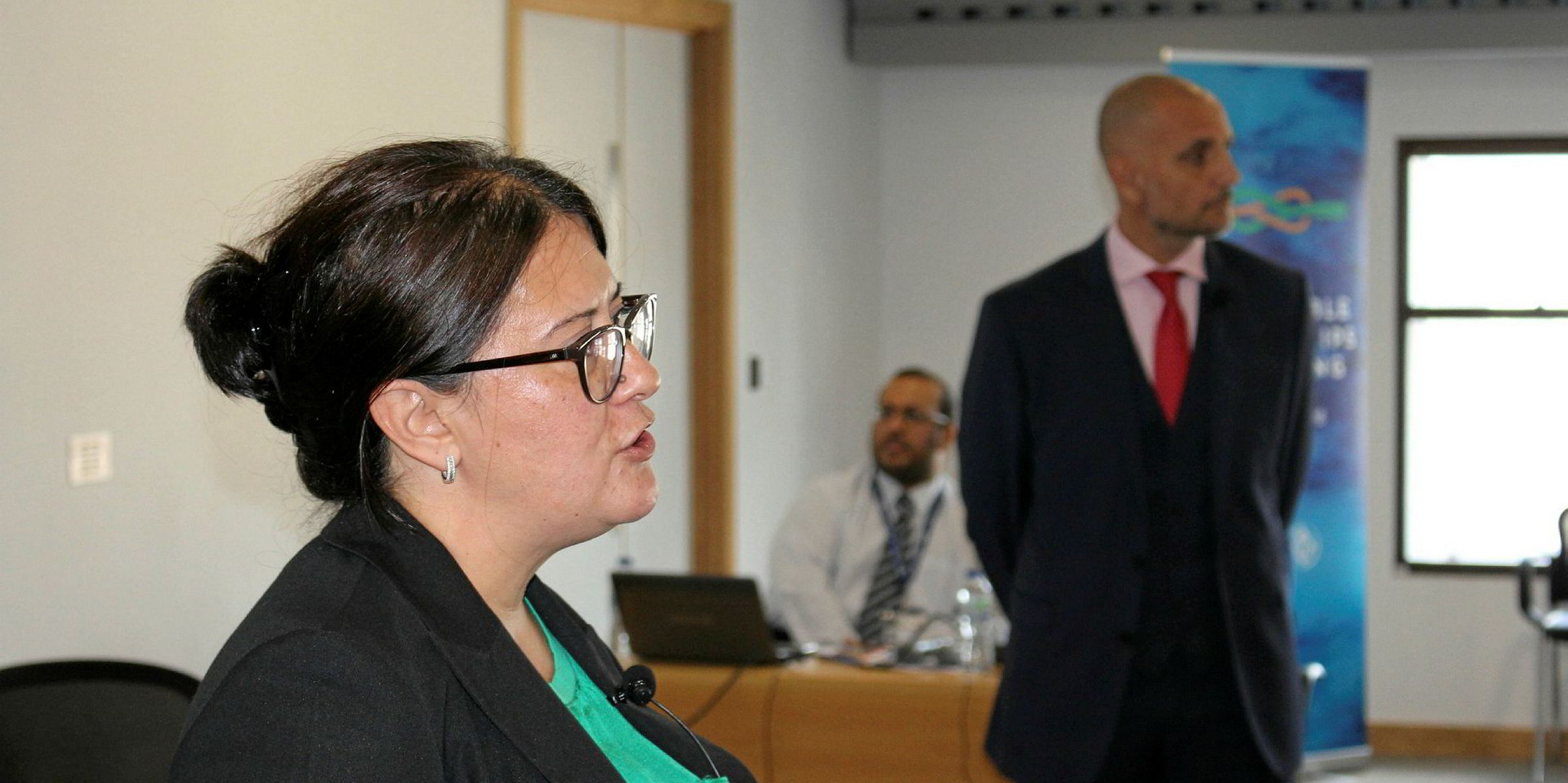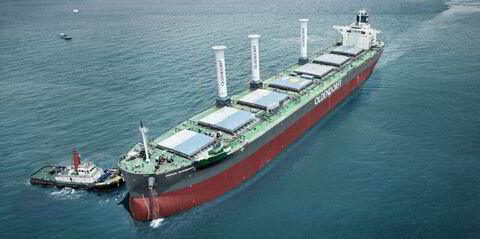As crews endure prolonged stays on ships because of coronavirus, Columbia Shipmanagement has revealed why offering professional mental health help for its seafarers is more important than ever.
President Mark O’Neil told TradeWinds how a previous traumatic incident on board one of its vessels led the company to bring in Hamburg-based Mental Health Support Solutions (MHSS) to run a helpline as a free service for its clients.
“We started this helpline because we had a suicide on board about two years ago,” he said.
“It affected me quite badly, I have to say. My partner, who’s a psychologist, and I started talking and we realised there was a huge need and a huge gap there.”
Proper counselling
He said proper counselling is needed for seafarers suffering symptoms of post-traumatic stress after accidents or injury on board.
Plenty of charities do good work on mental health, staffed by “very experienced and willing people who have been seafarers in their time”.
But such efforts are not always what is needed, he said. “An ex-master that has seen and done it all is not always sophisticated enough. That can lead to someone doing more damage than good.”
The service has become vital during the pandemic, with restrictions on crew changes leading to hugely extended periods on board.
“We keep telling our crews to be patient and to trust us, that we’re doing everything we possibly can to ensure repatriations take place, but one of the most important criteria is when we get the crew off, we can actually get them safely back home,” O’Neil said.
“We say it’s no good taking you off a very safe vessel only to see you into the unknown.”
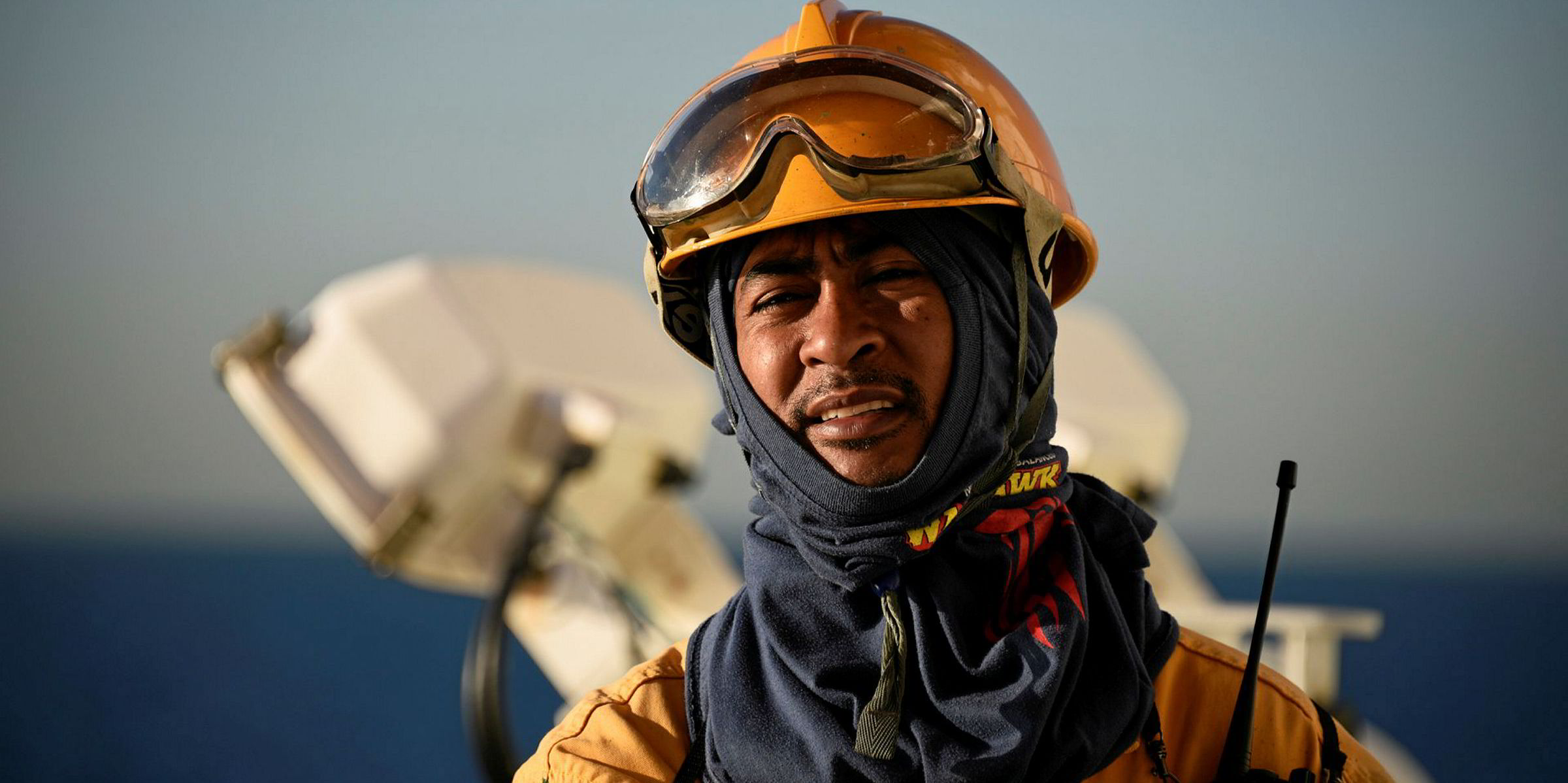
The company is doing far more crew rotations now. However, it’s just a start. “It’s far from acceptable and it’s going to take a good few weeks yet before the situation, principally in the home jurisdictions, improves,” he said.
“It’s not about finding a jurisdiction where we can get the crew off. It’s getting them home. That’s the problem.”
Spending nine to 11 months on board is not uncommon, he added, and some have probably gone longer than that.
Columbia bosses have been ringing round vessels, and reported positive morale, with seafarers conducting their own enquiries as to how to get home.
And there has been positive feedback on the helpline: “They trust it now. It was a case of ‘real men don’t use mental helplines’, but now they’re using it as a real form of crutch sometimes if they’re feeling a bit low.”
It costs us less than a dollar per vessel per day. If someone’s life is not worth that, you’ve got to be asking yourself some pretty serious questions
Mark O'Neil
Charles Watkins, MHSS lead consultant and managing director, told TradeWinds his company offers everything from crisis management and crisis counselling to regular phone calls when crew are feeling depressed or emotional and “don’t know what’s going on with them right now”.
Feeling disconnected
“One of the things is normalising their feelings, getting in contact with them,” he said. “Because of the internet on board, some people are very disconnected from other people on board, so it’s important that you socialise. That really helps you feel less alone, less depressed.”
His team talks to seafarers who are thinking about suicide and also to the captains and officers, to help them contain the situation and see what they can do to help.
“There are always different reasons. This Covid-19 thing hasn’t made it easier,” Watkins said. Crew are worrying about their family at home, not knowing when their shift will be over and not being able to leave the ship.
Columbia offers the service to all its clients’ vessels, whether it is managing them or not.
O’Neil said: “We have a moral conscience. It costs us less than a dollar per vessel per day. If someone’s life is not worth that, you’ve got to be asking yourself some pretty serious questions.”
The cost makes the helpline “not only immensely affordable but immensely compelling”.
Holistic approach
The service is completely confidential, although O’Neil asks for trends so he knows what issues are coming up.
Columbia is also looking at a “holistic approach” to crew welfare, including catering with fresh produce and tailoring menus to particular seafarers, but also focusing on fitness, life insurance, health insurance and pension benefits.
“That doesn’t mean we’ll be paying for it all. There can be contributions. It’s time to look at the whole issue of crew welfare and crew benefits.”
